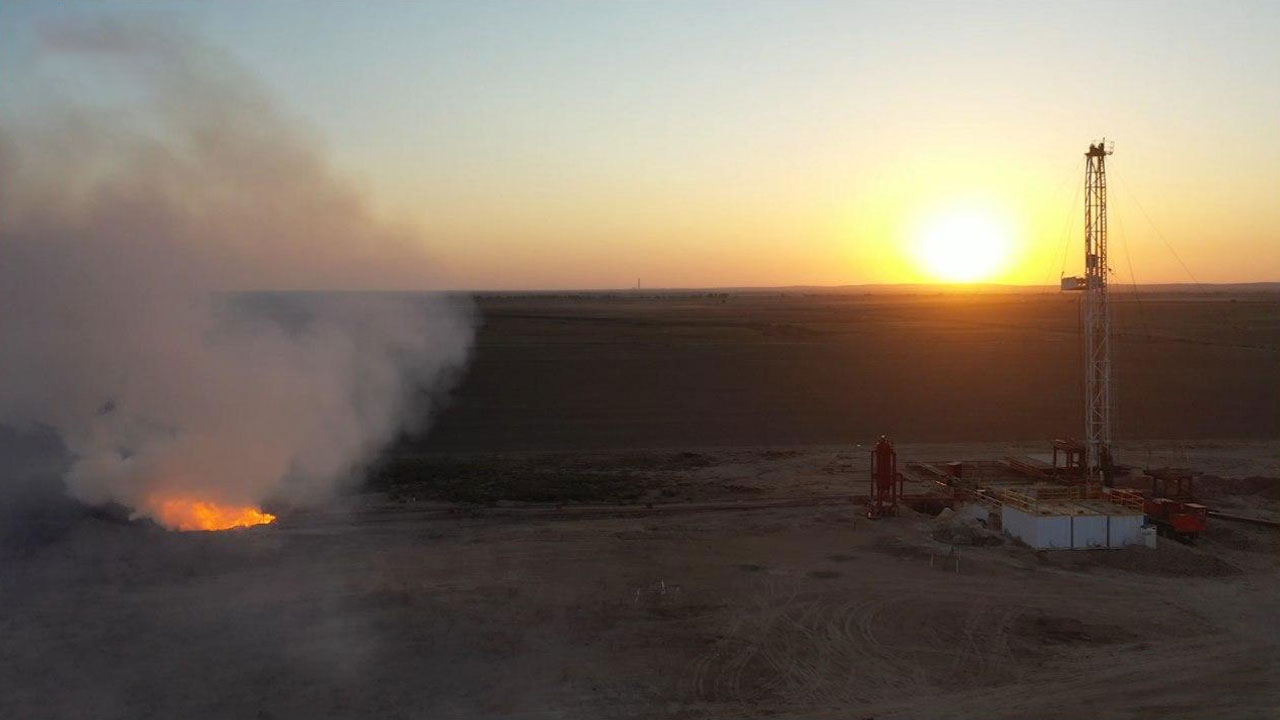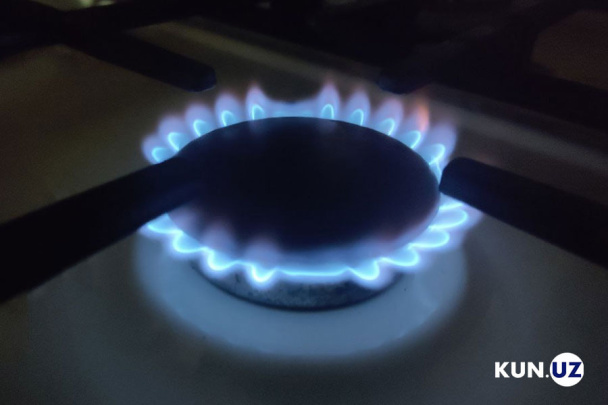From January to October, Uzbekistan produced 38.95 billion cubic meters (bcm) of natural gas, a reduction of 1.87 bcm compared to the same period last year. Notably, gas exports rose by 18% to $540.4 million, while gas imports more than doubled, reaching $1.37 billion — a 2.4-fold increase from the previous year.
Uzbekistan’s gas production has been declining over recent years, dropping by 24% from 61.59 bcm in 2018 to 46.71 bcm in 2023. This downward trend has accelerated in 2024. The government aims to reverse this trajectory, with the "Uzbekistan 2030" strategy setting an ambitious goal of increasing annual gas production to 62 bcm, a 33% rise within seven years.
Oil production also showed a significant decline, falling by 7.2% to 602,000 tons during the reporting period. In contrast, gas condensate production rose slightly to 1.014 million tons, and diesel fuel production grew modestly from 854,000 tons to 859,000 tons. However, gasoline production dipped to 1.09 million tons from 1.106 million tons.
Meanwhile, coal production surged by 24%, reaching 6.344 million tons, and electricity generation increased by 4.6%, with 66.63 billion kWh produced in 2024, compared to 63.66 billion kWh in the same period last year.
While domestic gas production continues to face challenges, rising export volumes signal opportunities for economic gains. However, the increase in gas imports highlights growing domestic demand that exceeds production capabilities.
Energy Minister Jurabek Mirzamakhmudov recently stated that gas imports could reach 10–11 bcm annually by 2030, further emphasizing the need for strategic investment and reforms in the energy sector.






